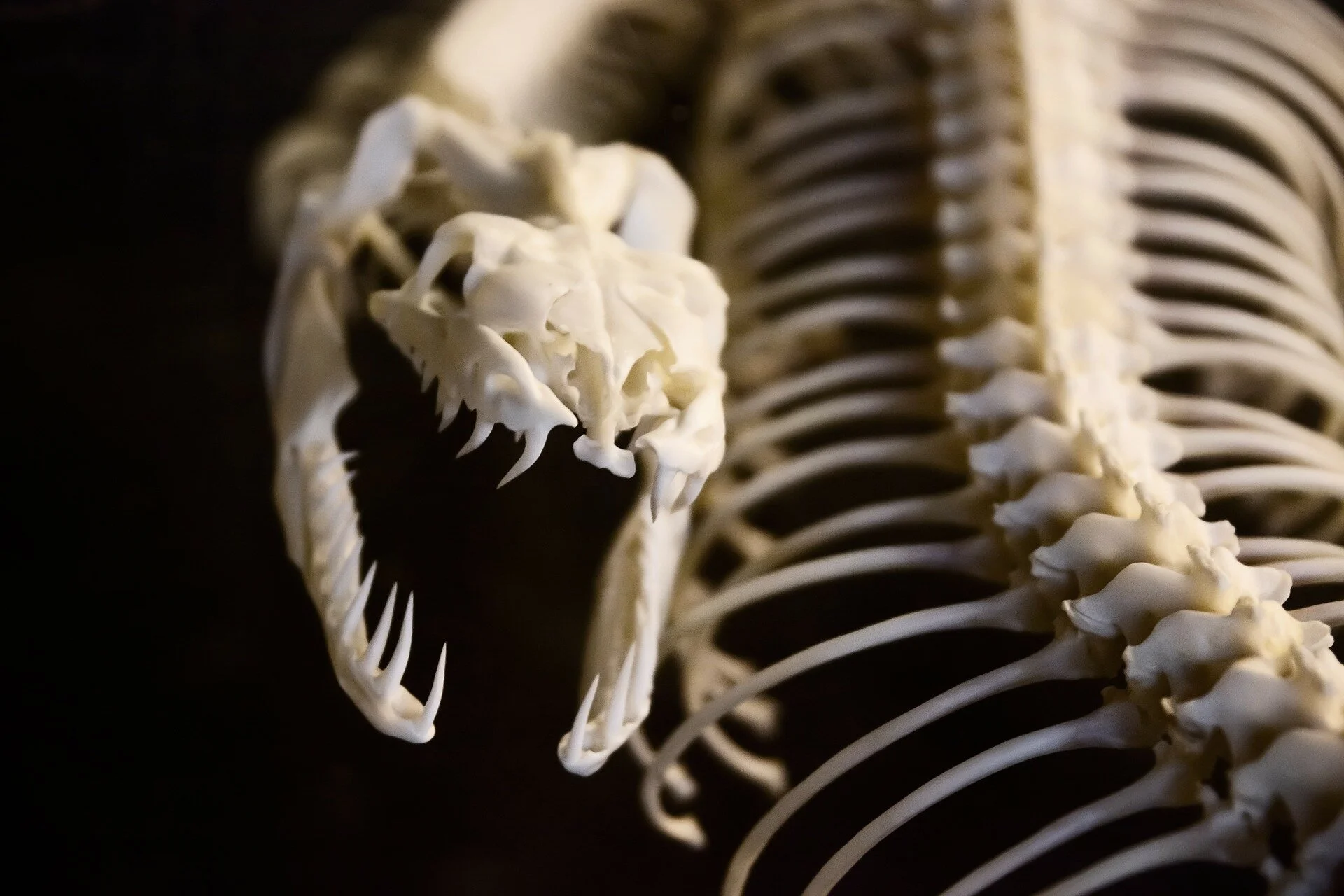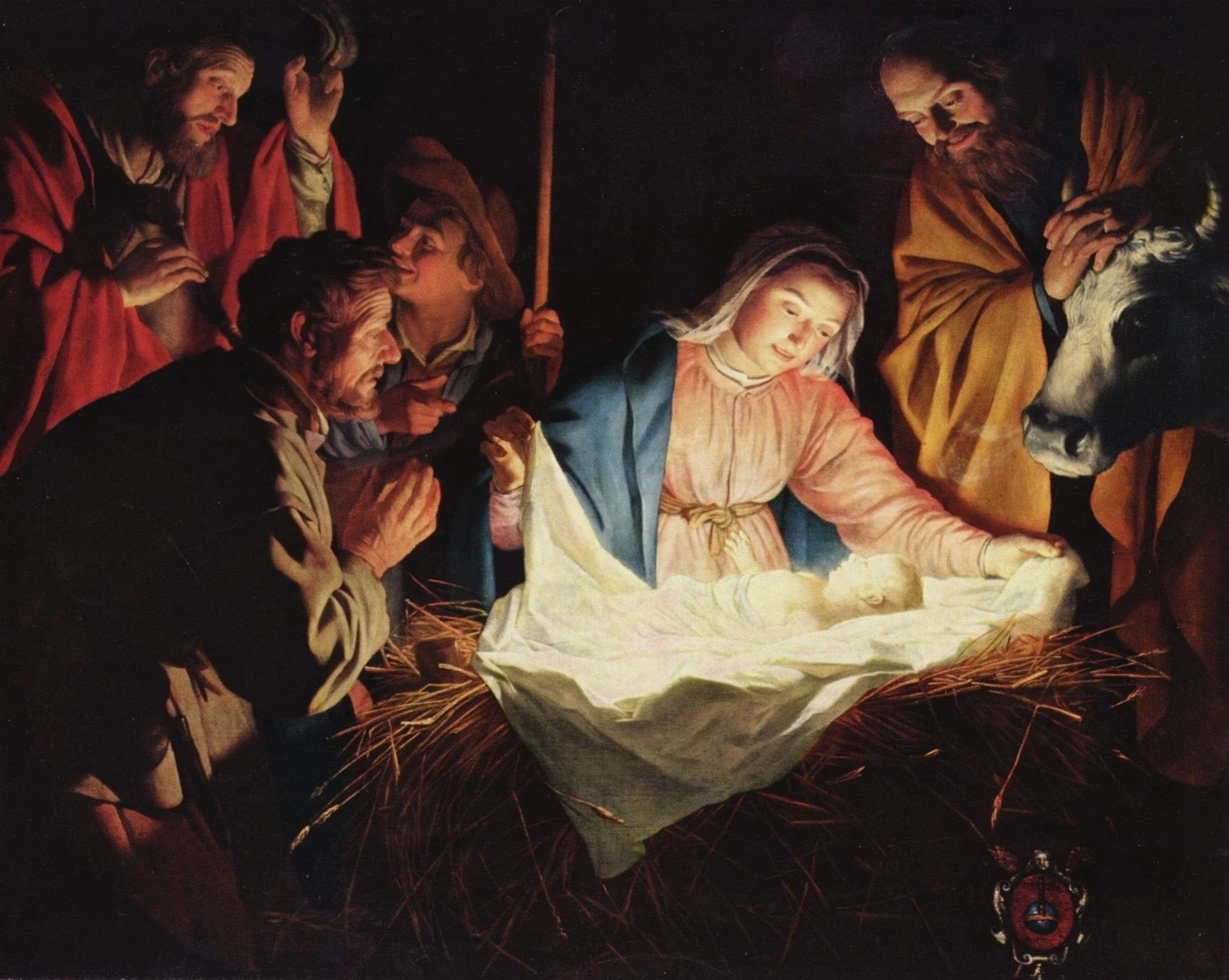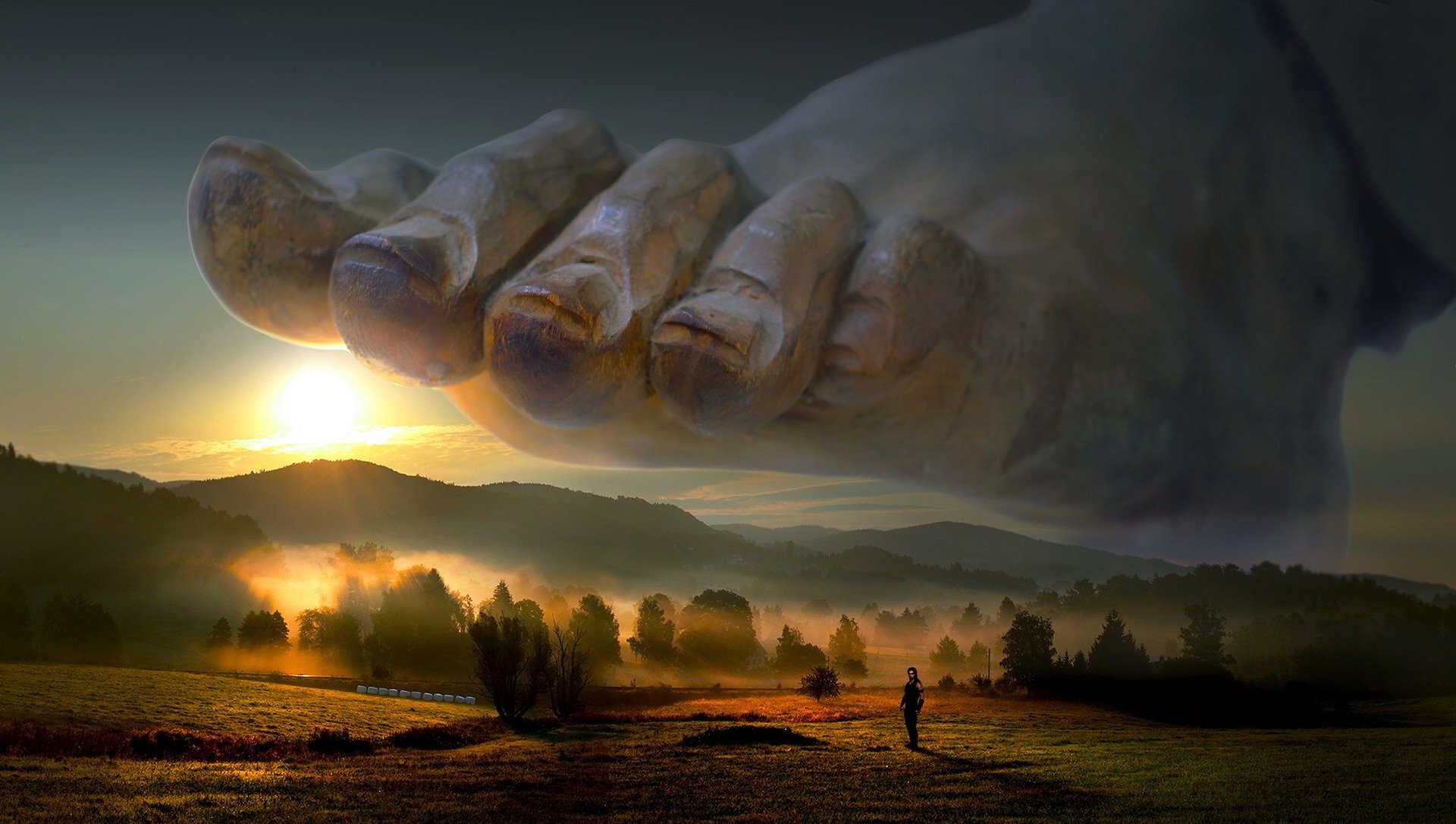Rejoice Always: A Case Study - Part 4
Today I am going to finish up this particular case study of Hannah in the Old Testament. Hannah, who was Samuel’s mother, was a woman a great strength, deep desire and phenomenal trust in her God. A portion of the scripture we are going to look at is Hannah’s song of thanksgiving. This is what we are going to focus on and I want to do it just a few verses at a time, so we can slowly savor the thoughts and ideas.
Pixabay
“Then Hannah prayed and said,
“My heart exults in the Lord;
My horn is exalted in the Lord,
My mouth speaks boldly against my enemies,
Because I rejoice in Your salvation.”
Keep in mind, Hannah is singing this song of thanksgiving after she has given her only son, Samuel, to Eli the priest to serve in the House of the Lord.
Hannah exults in the Lord. The word horn as it is used in this passage refers to strength, so Hannah is saying her strength is exalted in the Lord. The word exalt is a verb that means to lift high, to elevate by praise, to raise in rank or to enhance the activity of. In other words we could say, “My heart lifts high because of the Lord.” “My strength is elevated in the Lord.”
I do not know if Hannah was thinking of Penninah, her husband’s other wife, when she sang these words, or if she was thinking of her status as an Israelite, but either way she speaks boldly, because she rejoices in God’s salvation.
“There is no one holy like the Lord,
Indeed, there is no one besides You,
Nor is there any rock like our God.”
PIxabay
Hannah states the truth she knows. As an Israelite she has been taught the scriptures, the laws and the commands. Her husband was a committed Jew, making sure he and his family got to the House of the Lord. But now, Hannah also has personal experience. She took her heart’s desire to have a child to God, and He remembered her and provided.
“Do not go on boasting so very proudly,
Do not let arrogance come out of your mouth;
For the Lord is a God of knowledge,
And with Him actions are weighed”
Pixabay
I have a feeling Hannah was a pretty observant woman. She knew her scriptures, which probably also meant she knew the history of her people. This verse could have been a reference to Penninah, but for some reason I think Hannah was above that. I think this had more to do with the enemies of Israel.
The following verses are both declarative and somewhat prophetic for the state of Israel and the future of the nation as well.
“4 The bows of the mighty are broken to pieces,
But those who have stumbled strap on strength.
5 Those who were full hire themselves out for bread,
But those who were hungry cease to be hungry.
Even the infertile woman gives birth to seven,
But she who has many children languishes.
6 The Lord puts to death and makes alive;
He brings down to Sheol and brings up.
7 The Lord makes poor and rich;
He humbles, He also exalts.
8 He raises the poor from the dust,
He lifts the needy from the garbage heap
To seat them with nobles,
And He gives them a seat of honor as an inheritance;
For the pillars of the earth are the Lord’s,
And He set the world on them.
9 He watches over the feet of His godly ones,
But the wicked ones are silenced in darkness;
For not by might shall a person prevail.
10 Those who contend with the Lord will be terrified;
Against them He will thunder in the heavens,
The Lord will judge the ends of the earth;
And He will give strength to His king,
And will exalt the horn of His anointed.””
This ends Hannah’s song, but it certainly does not signify the end of her adventure with God. If we read further in this chapter we see God’s continued blessing on her.
“18 Now Samuel was ministering before the Lord, as a boy wearing a linen ephod.
19 And his mother would make for him a little robe and bring it up to him from year to year when she would come up with her husband to offer the yearly sacrifice.
20 Then Eli would bless Elkanah and his wife, and say, “May the Lord give you children from this woman in place of the one she requested of the Lord.” And they went to their own home.
21 The Lord indeed visited Hannah, and she conceived and gave birth to three sons and two daughters. And the boy Samuel grew up before the Lord.”
Pixabay
Hannah did not forget Samuel. She lovingly made him a robe and every year when they would go up to offer their yearly sacrifice they would bring the robe and she would give it to him. She kept her promise to the Lord and He gave her more children.
What can we learn from our study of Hannah on the word rejoice?
Our joy is not dependent on our circumstances.
Pixabay
We all like to think that if we only had this or that, or if our circumstances changed then we would have joy. Joy, unlike happiness is eternal. It is a state of being that comes from God and is not dependent on what is going on in our lives.
Remember the definition of rejoice: to give joy to; to feel great joy or delight. We learned from the book of Deuteronomy in the Old Testament that rejoice was a command given by God to the people of Israel and it always coincided with a feast or celebration of remembrance of God’s faithfulness and provision.
Our ability to rejoice is a choice to remember how God has provided and been faithful throughout our lives. Even in our current difficult circumstances.
Our joy is directly linked to our choice to focus on God.
Pixabay
I know this can be hard, but this is what makes the difference between living large and languishing. When I choose to remember God’s faithfulness, I take my eyes off my current difficulties and place them on Him. Even if life has been difficult for a while, I can still focus on His character and His promises. He is good. He is faithful. He is just. He is holy. He is pure. He is righteous.
Back in Chapter 1 we saw when Hannah prayed she lifted up the name of God. She exalted Him. She said, “Lord of armies.” It was a simple statement, but think about all that it encompasses. The word Lord, would signify power and authority. Lord of armies, shows that He is in charge of all those who can bring about justice and peace. That three word statement was one of worship and direct focus on the powerful and amazing God.
Focusing on God and who He is and His great faithfulness will make rejoicing as important as drinking water. It is essential for life.
Like C.S. Lewis, we might be Surprised By Joy.
Pixabay
Hannah found joy even after she gave up her son. She gave him to God before he was even conceived. She had no regrets. She did not waver in her promise. When the boy was old enough, she took him to the House of the Lord and left him there. Yet, she had joy.
In the middle of our adversity, in the crushing weight of our darkness, we will be surprised by joy, because it is God who gives us the ability to rejoice. Just like hope, patience, goodness, kindness and all the other fruit we can bear, it comes from Him.
Rejoice always!





























































































